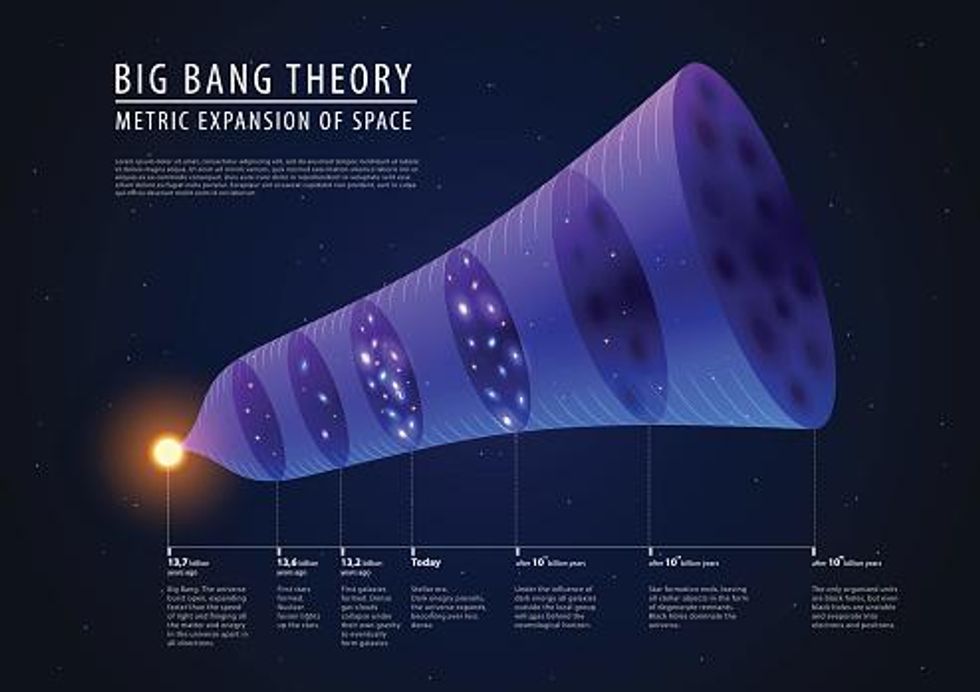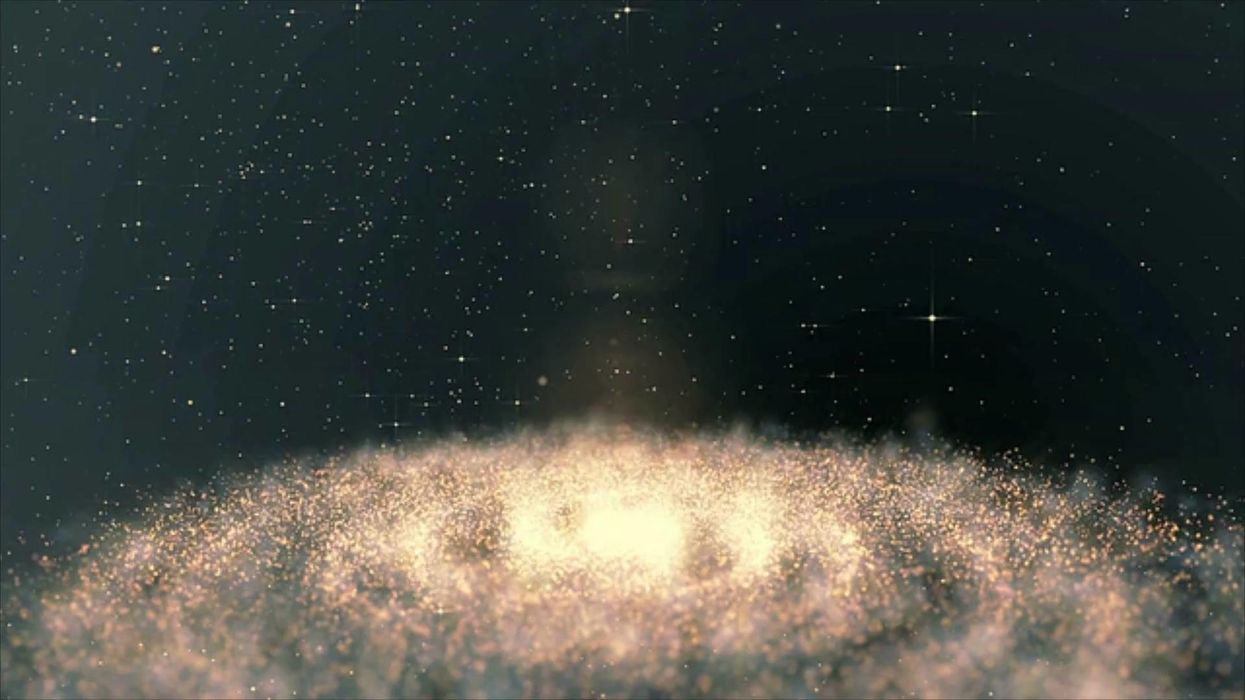Ariana Baio
May 05, 2022
Scientists Suggest the Universe Could Begin to Contract in Just 100 Million ...
Video
Scientists who study the universe have determined it could expand and collapse on itself sooner than they anticipated
Cosmologists at Princeton University and New York University recently published a study explaining how the universe's rapid expansion could come to end due to a dynamic form of dark energy called quintessence.
It is estimated the rapid expansion could transition to a slow contraction in 100 million years or less, which is "surprisingly soon".
The universe expands due to mysterious dark energy that pulls galaxies apart by working against gravity. In recent years, scientists discovered the universe expanding at a 5% to 9% faster than they previously thought.
Some scientists believe the universe would expand forever, even leading some to think there may be alternate universes due to the expansion.
But the theories the cosmologists pose in the study oppose this.
Sign up for our new free Indy100 weekly newsletter
This most recent study suggests dark energy possesses quintessence, which could slow down the universe's expansion by eliminating dark energy's opposition to gravity.

Rather than the universe continuing to pull apart, quintessence would cause it to contract, slowly. Whereas the big bang started the universe's expansion, the big crunch could cause it to collapse on itself.
Using data, scientists discovered the universe could fully stop expanding 65 million years from now and begin contracting sooner than 100 million years from now.
While this may seem like a long time, in perspective of the universe's lifespan, this is relatively short. Dinosaurs went extinct only 65 million years ago.
"The scenario is not far-fetched," the study reads. "In fact, it fits naturally with recent theories of cyclic cosmology and conjectures about quantum gravity."
While this information is slightly alarming, it is only a theory and cannot be proven anytime soon as scientists need to analyze signals from light-years away.
New discoveries about the universe are made every single year.
Have your say in our news democracy. Click the upvote icon at the top of the page to help raise this article through the indy100 rankings.
Top 100
The Conversation (0)














